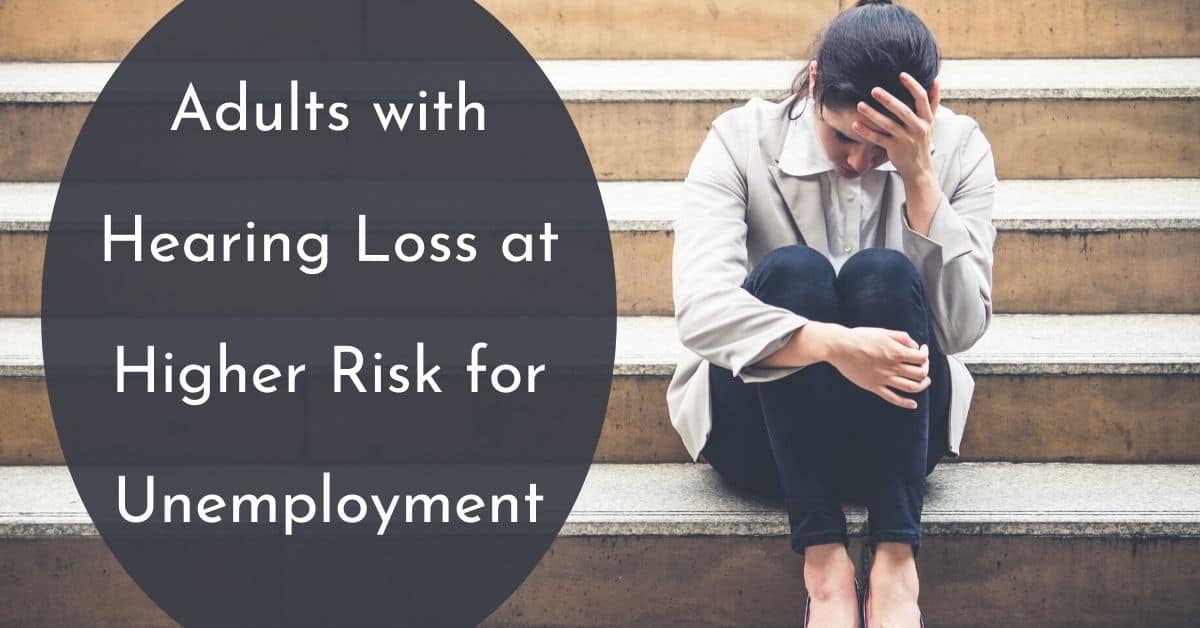If you have hearing loss, you’ve noticed that it’s harder to follow conversations than it used to be. You’ve been having difficulty connecting with family and friends, and you’ve started to notice some problems communicating at work. Adults with untreated hearing loss often struggle at work, and have a higher risk of unemployment than adults who don’t have hearing loss.
Hearing Loss at the Office
Do you work in an office? Are you attending regular meetings, or spending time talking on the phone? If you have hearing loss, it can be difficult to hear clearly during meetings. There may be too many people talking at once, or the speaker may speak while facing away from you. When you can’t easily follow conversations, you risk missing important information, and can’t do your best work.
If you spend a lot of time each day on the phone, your hearing loss can make it harder to hear coworkers or clients on the phone. Background office noise can be very distracting, and you strain to hear the voice on the other end of the phone. You may ask them to repeat themselves, but you still can’t quite understand the words, so you do your best to guess at what’s being said.
Hearing Loss on a Job Site
Not only does hearing loss affect office jobs, it can lead to a lot of problems on the jobsite. If you have hearing loss, you may not hear instructions clearly, and may waste valuable time doing something incorrectly.
Hearing loss on the jobsite is also a safety hazard. When you can’t hear the beeping of heavy machinery backing up towards you, or miss the warning shout of a coworker, you risk your safety and the safety of everyone on your team.
Hearing Loss and Your Job
When hearing loss affects your work, your job may be in danger. You’re not able to do your best work, and you’re more likely to make mistakes or even have an accident. If you have hearing loss, you’ll also find it more challenging to transition to a new position or role, and have a harder time advancing your career. People with hearing loss don’t get hired as often, are less likely to get a promotion, and may even be fired.
A recent article in The Hearing Journal explains that those with hearing loss are twice as likely to be unemployed than those who can hear clearly. Adults with hearing loss are at a higher risk for unemployment. Not only that, but adults with hearing loss earn less than their hearing peers. The average income for those without hearing loss is $31,272, while the average income for those with hearing loss is only $23,481! That’s a 25% lower salary for those with hearing loss.
Asking for Accommodations at Work
It’s within your right to ask for accommodations at work. The Americans with Disabilities Act (ADA) protects workers from discrimination based on a disability, and requires employers to provide reasonable accommodations to help you do your best work.
If you’ve been struggling to hear at work, these are some reasonable accommodations you can request:
- Ask to move your workstation to a quieter location in the office. If your desk is near a busy part of the office, or there’s a lot of distracting noise, moving your workstation can make a huge difference, and make it easier for you to do your work.
- Ask to sit near the speaker in meetings so you’ll be able to hear what’s being said.
- Ask for all instructions to be provided in writing, either in memos or through email. This will ensure that you’ve understood all the instructions clearly, and can do your best work without second guessing yourself.
Treating Hearing Loss
Do you have hearing loss? Don’t let your hearing loss affect your work or lead to unemployment! Adults who treat their hearing loss with quality hearing aids have an easy time hearing at work. With hearing aids you’ll be able to hear instructions, effortlessly chat with coworkers, and stay safe on the job site. A hearing aid will help you keep your job, get that promotion you’ve been eyeing, and make sure you earn the salary you deserve.

